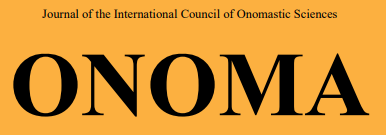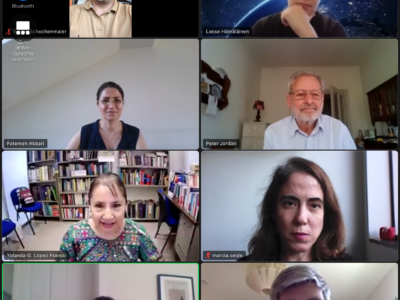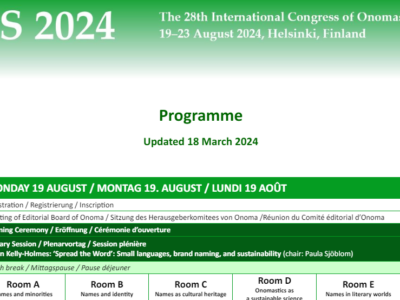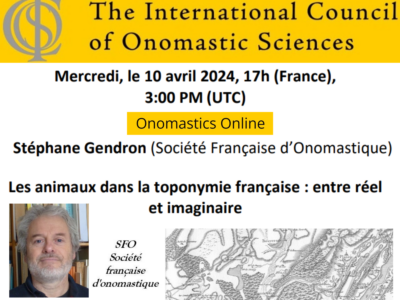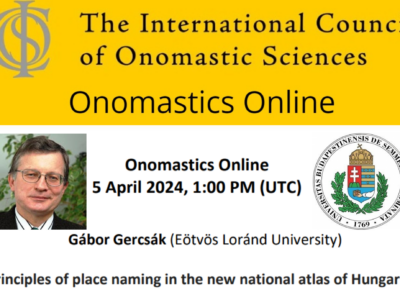
Terminology – past, present and future
The forth-coming Onomastics Online Lecture will be held on 21st of September 2023, 1:00 PM (UTC), by Christian Galinski and is titled “Terminology – past, present and future: How to overcome barriers to content interoperability by means of a microcontent approach“.
***
Abstract: Integrating archaeological, anthropological, genetic, and brain research findings into linguistics challenges “theories” in several disciplines including those of the origins of individual languages or those of special language to communicate special knowledge. Terminology in the sense of terms or symbols
representing scientific or technical knowledge appeared as early as about 10,000 years ago. Terminology science emerged after WW II in connection with the emerging need for terminology standardization. It developed from a semasiological approach starting off from scientific or technical concepts. Such concepts are first order representations of objects – individual objects or object classes – which need “designations” as second order representations of conceptual knowledge. Designations can be terms or symbols or names. Terminology science developed distinct methods and applications. Beyond standardization, it is most visibly used in applications related to language services like technical translation, technical communication, technical writing, etc. often in combination with language technologies such as terminology management systems, machine translation, or certain content management systems. Other kinds of structured content at the level of lexical semantics – today also called microcontent – are also needed as reference data, for instance classifications, nomenclatures, specialized blog entries, etc. in many applications. Approaches to all kinds of microcontent for overcoming theoretical, methodological, and technical design barriers for the sake of content integration, reusability and interoperability are required. This also applies to onomastic data.
Keywords: individual languages, special languages, special knowledge, conceptual knowledge, terminologies, onomastic data, terminology science, terminological methods, terminological applications, structured content, microcontent, content interoperability
Link to the Zoom Meeting
Meeting ID: 639 0554 4645
Passcode: 087218

